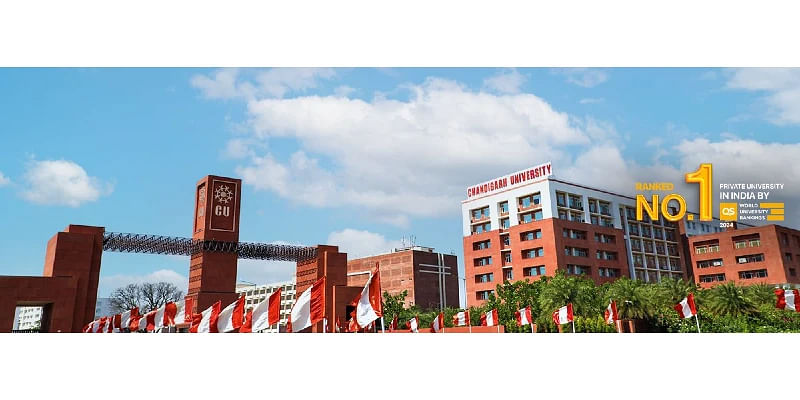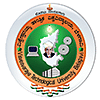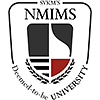MA International Relations Syllabus and Subjects

The MA International Relations syllabus is designed for two years with four semesters in it. The syllabus provides both core and elective subjects to the students. Some of the common MA International Relations subjects are International Relations Theory, Global Security, Globalization, Evolution of the International System, etc. This course aims at providing deeper knowledge on international relations-oriented concepts.
Semester Wise MA International Relations Syllabus
The MA International Relations syllabus is made to learn necessary skills for political and global issues. International Relations are also termed global affairs. MA International Relations course provides knowledge in international human laws, criminal laws, space laws, etc. The semester wise Master of Arts International Relations syllabus is given below:
|
Semester I |
Semester II |
|
Political Theory |
Theories of international relations |
|
History and scope of the discipline |
Liberalisms |
|
Traditional and scientific approaches in international relations |
Leninism and marxism approach |
|
Contemporary international relations |
International society |
|
Modern diplomacy |
World trade law |
|
Indian foreign policy |
International political economy |
|
|
Comparative politics |
|
Semester III |
Semester IV |
|
International peace and security |
Anticolonialism |
|
Research methodology |
Survey of Indian writings |
|
Critical Theories |
Nonalignment |
|
Constructivisms |
Internship |
|
Key reading from classical text |
Dissertation |
|
International organization |
Comprehensive viva |
|
International Peace and security |
|
MA International Relations Subjects
MA International Relations subjects provide overall knowledge and in-depth understanding of the International Relations concepts to the students. Besides face-to-face teaching, the students are exposed to hands-on training in labs and including in their industrial visits. Depending on the specialization, they could get more knowledge on each and every department of jurisdictions that are available in an international level court. The MA International Relations subject list are:
- Global Security
- International Peace and Security
- Anticolonialism
- Modern diplomacy
- Indian Foreign Policy
MA International Relations Course Structure
During the course, the students will study the effectiveness of the era of classical diplomacy, the importance of nationalism and diplomacy of the coalition, the values of the balance of power and service of the League of Nations, and the rise of fascism and the failure of the League of Nations. The course structure is as follows:
- IV Semesters
- Core Subjects
- Elective Subjects
- Practical Workshops
- Project/ Thesis Submission
MA International Relations Teaching Methodology and Techniques
The MA International Relations curriculum takes into account different teaching methods. In addition to the lectures and practical training given to the students, they also enhance their knowledge in International Relations through opting for their area of interest. The teaching methodology is designed with an intention of gaining industry based learning among the students. A few teaching methodology and strategies in general are:
- Group Projects
- Conceptualized Learning
- Traditional Classroom-Based Teaching
- Practical Lab Sessions
- Talks from guest speakers
- Seminars
- Semester Abroad Opportunities
MA International Relations Projects
MA International Relations projects are submitted by the students in the final year. The aim of MA International Relations projects is to provide interdisciplinary learning to the students. Doing the project helps to have a deeper knowledge of the concepts and also a real-time experience to the students. The MA International Relation project topics are listed below:
- Impact Of Racism And Discrimination On Black Lives In Foreign Countries.
- Globalization And Its Impact On Nigeria Foreign Policy.
- Impact Of Globalization On Nigeria Foreign Policy.
- Leadership And Good Governance In Nigeria: Issues And Prospects For National Development.
MA International Relations Reference Books
MA International Relations books are found both online and offline. The students can explore many books written by famous authors and publications. Even the entire article on International Relations can be seen on the internet in PDF format. Some of the popular MA International Relations reference books are given below:
|
Name of the Book |
Name of the Author |
|
Art of War |
Sun Tzu |
|
Diplomacy |
Henry Kissinger |
|
Arthasastra |
Chanakya |
|
Conflict and Diplomacy |
Jaswant Singh & Maj. Gen (RETD) S.P Bhatia |
























